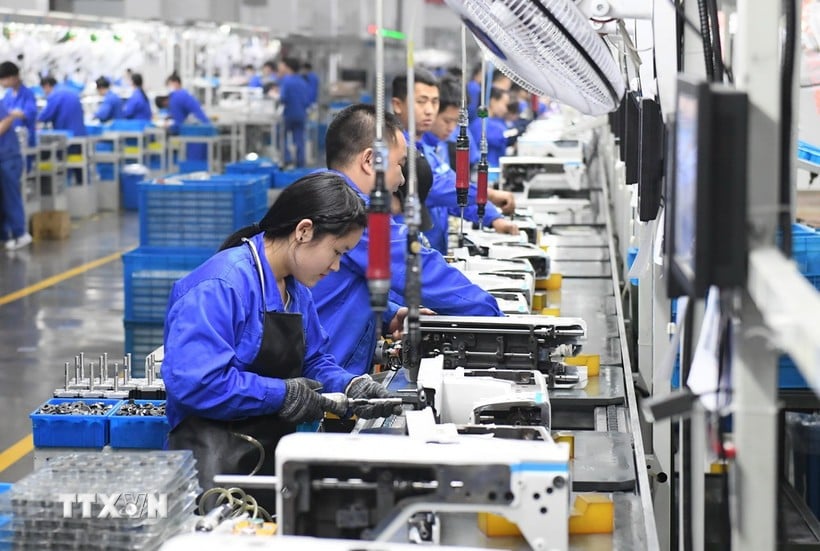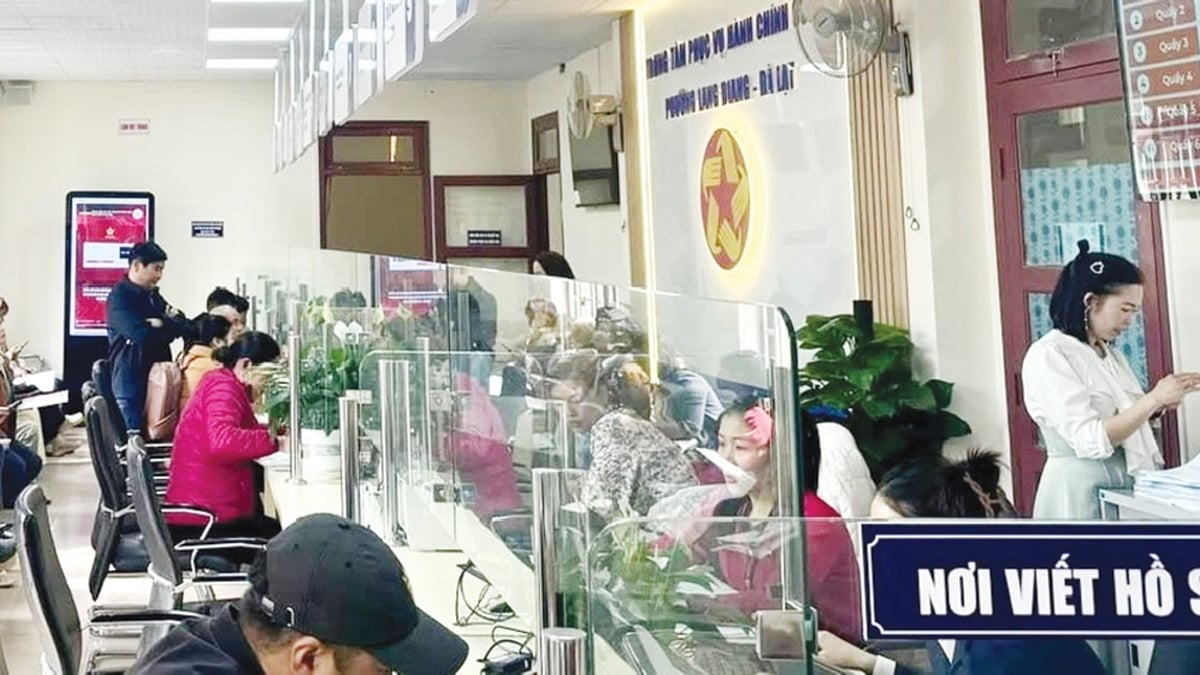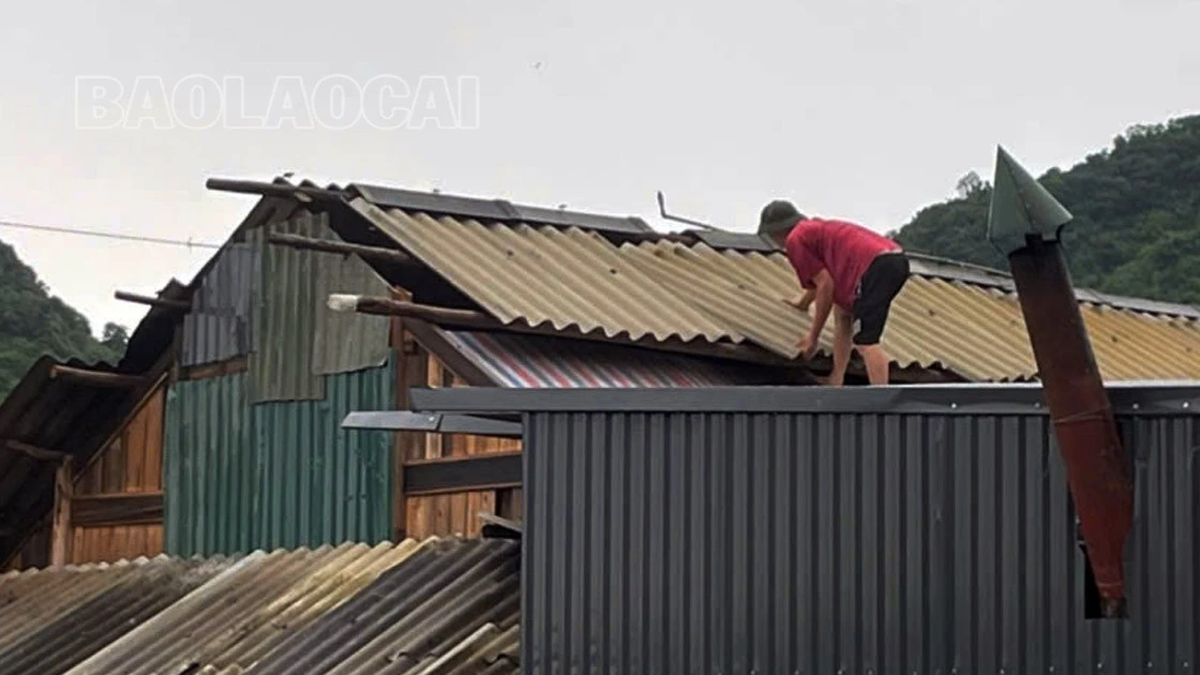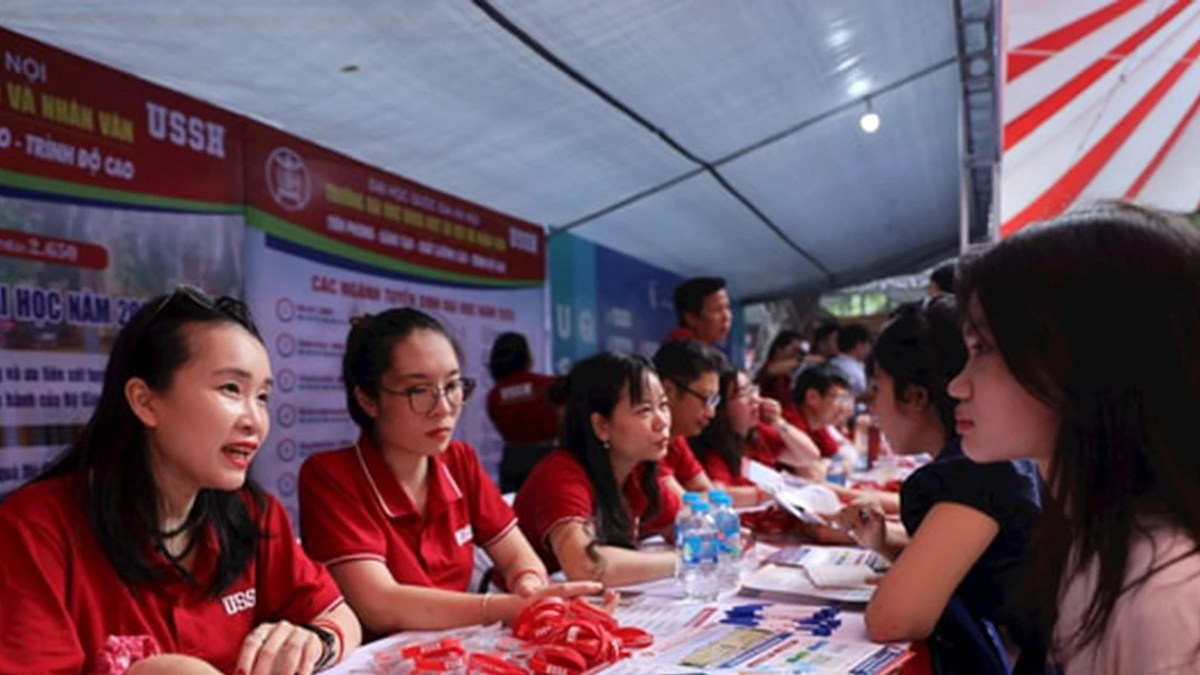
Illustrative photo (Source: VNA)
As US President Donald Trump's trade war upends global supply chains, Chinese manufacturers are racing to adapt.
Velong Enterprises, a company that designs, develops, manufactures and markets multiple products worldwide , adopted a “China + 1” strategy in 2018, moving some operations to Cambodia after Mr. Trump first imposed tariffs on China.
Velong currently has a factory and 400 workers in Cambodia, a factory in India with 300 employees, and other joint venture partnerships.
Velong Enterprises is a business partnership that began in 2005 when American Jacob Rothman combined his Shanghai trading company with a small factory in China's southern Guangdong province owned by Iven Chen. Velong's main manufacturing base in China has been burdened with huge costs.
The company’s full-year revenue, typically about $160 million, is on track to fall 20 percent. Mr. Rothman said the company could have to lay off as much as 30 percent of its workforce, which peaked at about 1,000 employees.
Velong’s adaptation efforts are also being replicated across China’s vast manufacturing sector, as Mr. Trump’s tariffs hit exporting companies.
For example, a Shenzhen-based toy maker shipped 90 sets of molds, some weighing more than 700 kilograms, to a factory it rented overseas when tariffs at one point spiked to 145% in April.
The company then had to ship them back to China when the country and the US reached a 90-day truce.
Similarly, a pet products maker in Guangdong is looking for other markets for its feeding bowls, after orders from the US stalled due to the constant twists and turns in trade negotiations.
The uncertainty remains as Mr Trump’s tariffs now target alternative manufacturing hubs. Cambodia faces a 36% tariff, while India is negotiating to reduce its proposed 26% tariff to below 20%. The US president said tariffs on Chinese goods are now set at 55%.
Mr. Chen said Velong is looking to grow in other markets such as Europe, which accounts for about 30% of the company’s revenue. However, the European market is too fragmented, with different countries having different tastes, to replace the U.S. market.
Speaking about President Trump's tariffs, Mr. Rothman said that these tariffs will not be able to bring manufacturing back to the US, and that American consumers will "receive 100% of the tariffs" through higher prices.
To illustrate, he said that America doesn't want to produce food shovels, they just want to eat burgers. Therefore, according to him, bringing manufacturing back to America is impossible./.
Source: https://baolangson.vn/thue-quan-cua-my-dang-lam-chao-dao-cac-cong-xuong-tai-trung-quoc-5053550.html



































































































Comment (0)